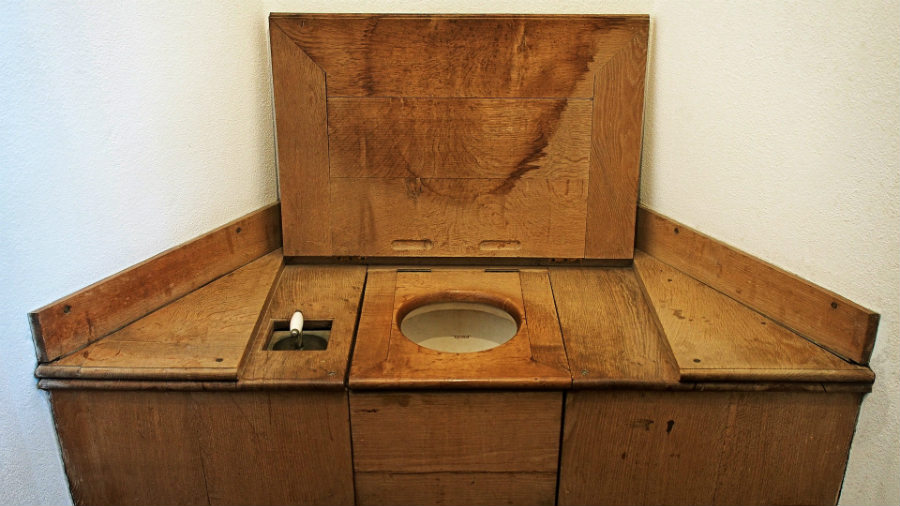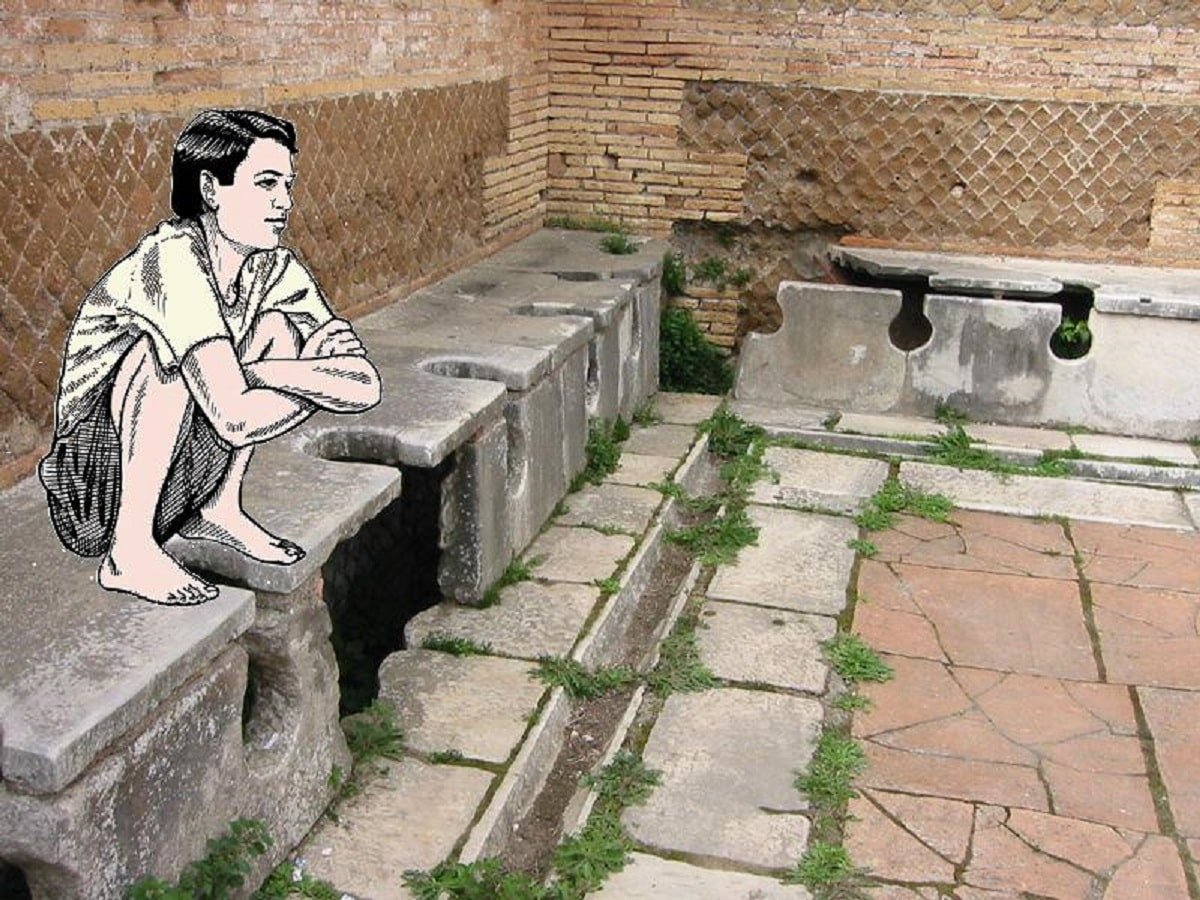aramis erak
Legend
Sprawling metropolis - Byzantium herself. To a lesser extent, Rome, At her peak, Constantinople/Byzantium was 500,000 to 600,000 people (newer sources usually have pushed the numbers up). 14 town sized districts. One of the largest buildings in the world (Hagia Sophia)... the building is 82×73 m on the ground, and soars to 53 m in the center...I was looking through GURPS' Dungeon Fantasy (which is basically 'play D&D with GURPS rules'), and this bit struck me:
"Consequently, it has some unusual conventions, including a quasi-medieval setting full of modern social developments such as sexual equality, sprawling metropolises, and a cash economy; a technological mix whose only rules seem to be “preindustrial” and “no gunpowder”; casual acceptance of magic and holy miracles; trade guilds for thieves, wizards, and even assassins; and a culture that recognizes “adventurer” as a career choice."
gender equity: The Norse seemed to be fairly tolerant of crossdressers. The Samoans have a four gender system, two of which are (in western terms) trans. Tonga has a third gender. All of which are pre-contact through present; Captain James Cook noted the presence of them in his logs.
Cash economies (vs barter economies) were starting to come about in the renaissance, Tho' fixed prices in coin were not uncommon as far back as the Domesday Survey of England. (late 11th C).
Witch burnings continued right on up to the dawn of the age of Steam....20th century in some places. Tho' in the middle east, they don't burn them, they decapitate them or stone them. Last I recall hearing of was about 20 years ago. So, I just googled...

Witch-hunt murders surge in Democratic Republic of Congo
Eight women have been burned to death or lynched in South Kivu province this month, say officials
Adventurer: read as "Private Military Contractor" or "Mercenary"... or "Art Thief," "Bank Robber," "Drug Smuggler," etc. Or "Gangsta Rapper."







